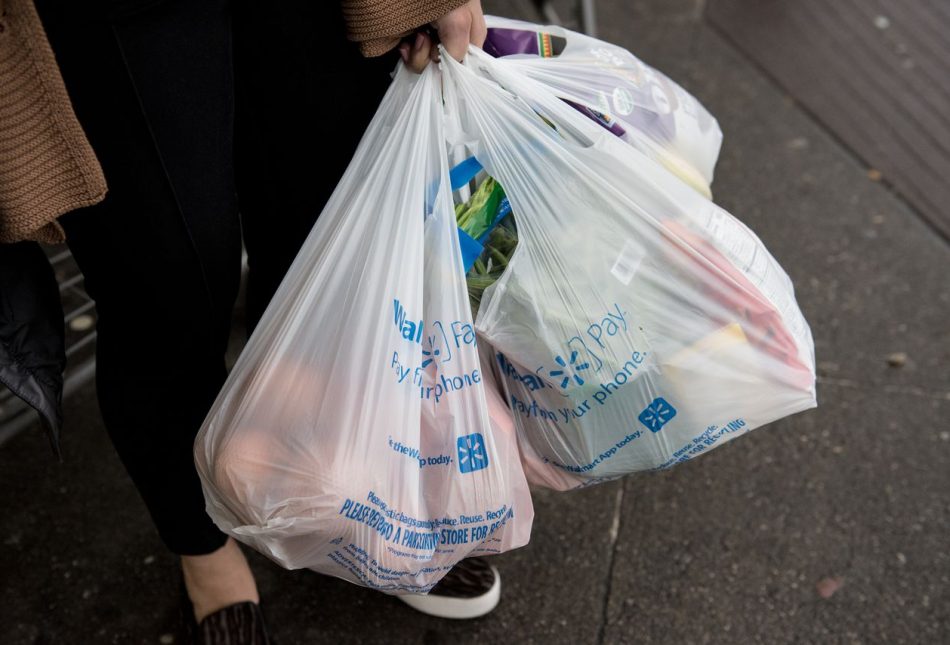Opinion piece: Plastic Bag Ban Would Harm Environment

The following appeared in the Carlsbad Current Argus on August 29, 2024.

A plastic bag ban is currently being considered for adoption (possibly at the City Council meeting on September 10). While I’m sure the people supporting this plastic bag ban have the best of intentions, the problem with government mandates is that they often do not work as planned.
Plastic bag bans are a great example of a policy with unintended consequences. For starters, the State of New Jersey passed a law in 2020 banning single-use plastic and paper bags in all stores and food service businesses. The law took effect in May 2022.
But, as a study by Freedonia Research found, while the total number of plastic bags did go down by more than 60 percent to 894 million bags, the alternative bags ended up having a much larger carbon footprint with the state’s consumption of plastic for bags spiking by a factor of nearly three. Plastic consumption went from 53 million pounds of plastic before the ban to 151 million pounds following the ban.
I don’t think this is the result anyone was hoping for. But New Jersey is not alone in having a plastic bag ban backfire with the result being more plastic waste, not less.
A similar thing happened in California. The left-wing Los Angeles Times editorial board recently highlighted the failure of California’s plastic bag ban. Not surprising is the fact that California banned single-use plastic grocery bags back in 2016, becoming the first state to adopt such a law.
But, as the Times noted in its editorial, “In 2014 California tossed about 157,385 tons of plastic bag waste into the trash. In 2022, plastic bags accounted for about 231,072 tons of trash. That’s nearly 50% more.”
So, we have two well-documented examples of plastic bag bans creating more waste than before. Is that what Carlsbad residents want?
There are other arguments that advocates of plastic bag bans often trot out. One is that plastic bags wind up in our water supply and ultimately the ocean. According to Scientific American, 10 rivers contribute 93% of the plastic trash that flows into the world’s oceans. None of those rivers are in North America or Europe. In fact, eight of them are in Asia and the other two are in Africa.
Banning plastic bags in Carlsbad, New Mexico will result in more plastic waste, not less, and it won’t reduce ocean plastic a bit. What it will do is unnecessarily make life more difficult for average citizens. It will also place conservative Carlsbad to the left of Albuquerque on public policy.
While several New Mexico cities do have plastic bag bans in place, the largest city in New Mexico does not. And in my home those thin plastic bags are not just thrown away, they are reused as trash can liners, to pick up pet waste, and for other odd jobs around the house.
Good public policy isn’t just about passing policies that feel good. Hopefully Carlsbad’s City Council will do some research for themselves and reject this harmful bag ban.
Paul Gessing is president of New Mexico’s Rio Grande Foundation, an independent, nonpartisan, tax-exempt research and educational organization dedicated to promoting prosperity for New Mexico based on principles of limited government, economic freedom and individual responsibility.

